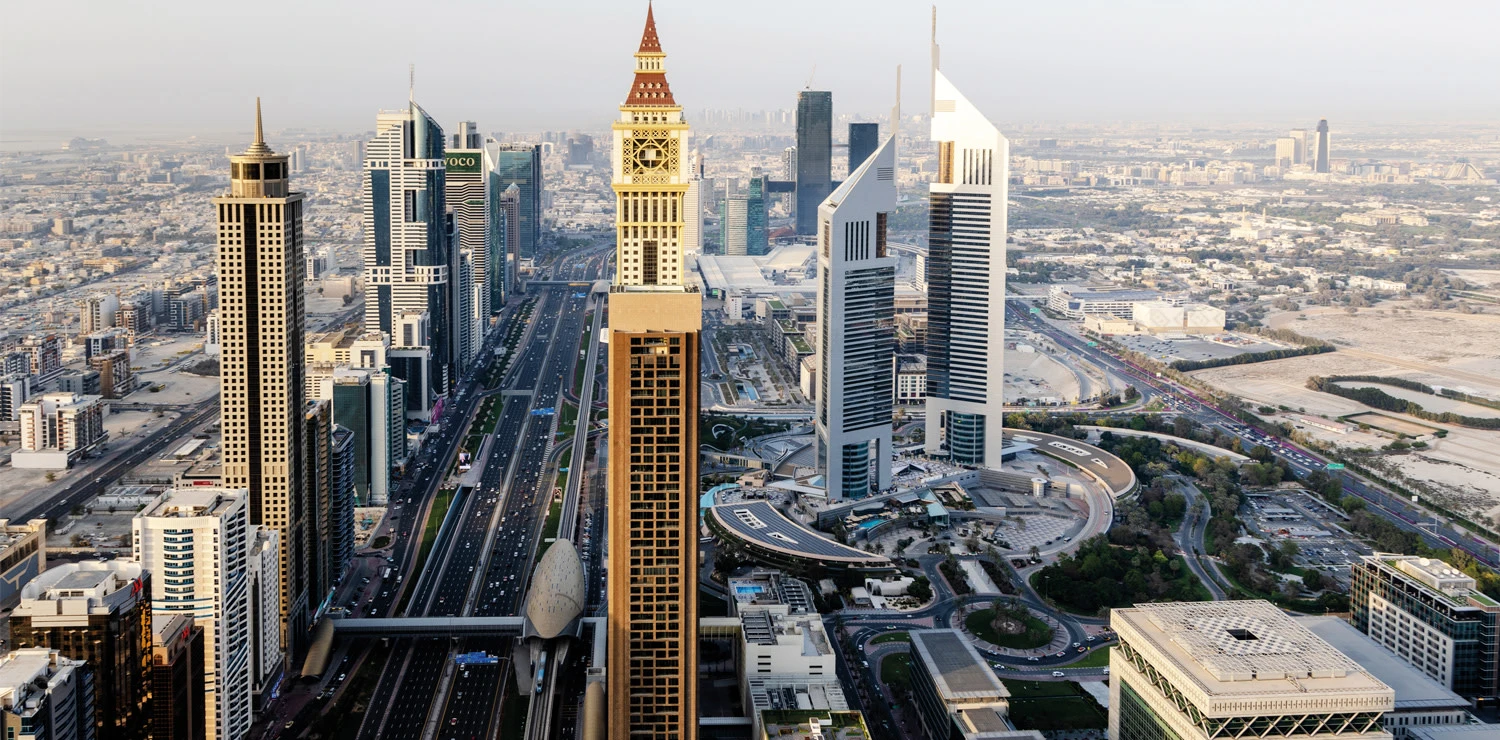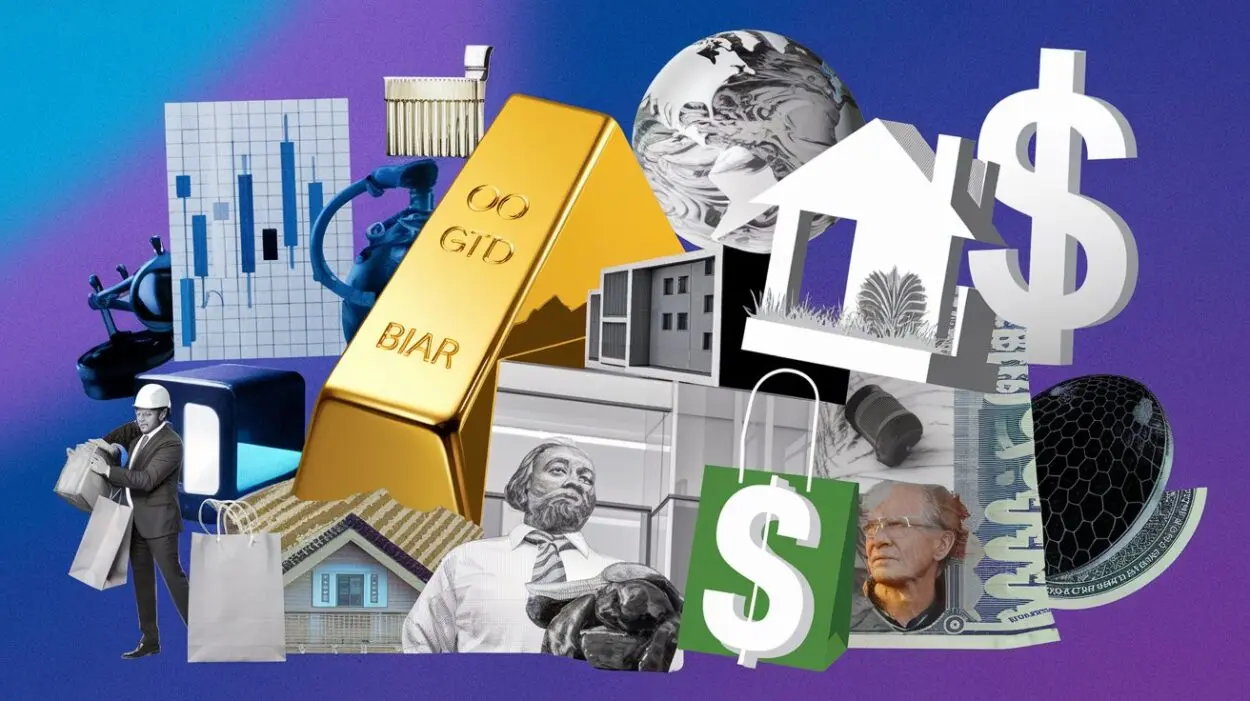The Biggest Financial Mistakes Expats Make in Dubai and How to Avoid Them
Financial Mistakes Expats Make in Dubai : personal finance in Dubai is not just about making money.it’s about keeping it, growing it, and protecting it. Without a clear plan, even the highest salaries can be wasted.
For many people, moving to Dubai is an exciting adventure. It’s a modern city full of job opportunities, luxury lifestyles, and world-class amenities. But behind the glitter and glamour lies the financial reality of Dubai، a reality that can surprise you if you don’t prepare for it.
Dubai is one of the most expensive cities in the world. It’s true that there’s no income tax and salaries are often higher than in many other countries. However, alongside these advantages come hidden costs and endless temptations. Many expats spend enthusiastically during their first months, only to realize later that a large portion of their income has vanished without them noticing.
One of the most important lessons for newcomers is that personal finance in Dubai is not just about making money.it’s about keeping it, growing it, and protecting it. Without a clear plan, even the highest salaries can be wasted. The reality is that many expats in Dubai earn well, yet still live paycheck to paycheck or worse, fall into debt.
In this article, we’ll explore the most common financial mistakes expats make in Dubai and, more importantly, how to avoid them. By learning about these pitfalls, you can build a solid foundation for a secure and successful financial future in Dubai.
Mistake 1: Not Creating a Budget in a High-Cost City
The most common mistake many expats in Dubai make is failing to create a proper budget. At first glance, Dubai may not seem overwhelmingly expensive. With no income tax and attractive salaries, it’s easy to assume everything will balance out. But the reality is that Dubai is filled with both visible and hidden expenses and without careful budgeting, your spending can quickly outpace your income.
The Reality of Dubai’s Costs
The main expenses expats face in Dubai typically include:
- Housing: Rent is often the largest expense. Depending on the area, a one-bedroom apartment can cost between AED 5,000 and AED 12,000 per month. On top of that, landlords usually require several months’ rent upfront in post-dated cheques.
- School fees: For families, international school tuition is a major shock. It can exceed AED 60,000 per year for each child.
- Transportation: Buying a car in Dubai seems affordable, but costs for insurance, parking, maintenance, and fuel add up quickly. Daily rides with apps like Careem or Uber also become expensive if used frequently.
- Lifestyle: Restaurants, shopping malls, and entertainment in Dubai are world-class but eating out often and indulging in luxury shopping can drain your budget fast.
- Utilities and services: Bills for electricity, water (DEWA), internet, and air conditioning are often higher than what newcomers expect.
These expenses aren’t impossible to manage but the real problem arises when you face them without a budget. Many expats rely only on their high salary and then wonder why nothing is left to save or invest by the end of the month.
The Consequences of No Budget
Not having a budget doesn’t just mean overspending; it means sacrificing your financial future. Without a plan, saving and investing are never prioritized, which delays long-term goals such as buying a home, planning for retirement, or building dollar-based investments.
Overspending can also easily lead to debt a very serious issue in Dubai. Missing payments on loans, rent, or credit cards can have severe legal consequences, including frozen bank accounts or even restrictions on travel.
The Solution: Smart Budgeting
The solution is simple: create a personal budget from the very beginning of your life in Dubai. Track every dirham of income and expenses carefully. Financial management apps like YNAB or Mint can make this process much easier.
- Set a clear cap on rent and utility expenses.
- Allocate a fixed percentage of your income (e.g., 20%) directly to savings or investments.
- Create a separate account for leisure and entertainment, so small indulgences don’t derail your main budget.
Remember: in Dubai, living without a budget will eventually lead to financial stress. But with smart budgeting, you can enjoy the vibrant lifestyle of the city while also securing your financial future.
Mistake 2: Living Beyond Your Means – The Luxury Trap
Dubai is a city built to impress. From luxury cars and designer boutiques to fine dining and extravagant weekend activities, the temptations are everywhere. It’s no surprise that many expats quickly fall into the luxury lifestyle trap.
At Dar Al Tharwa, we see this mistake frequently in our financial advisory sessions with clients. Many newcomers believe that in order to “fit in” or prove their success, they must mirror the flashy lifestyle around them. Unfortunately, this often leads to maxed-out credit cards, zero savings, and enormous financial stress—even for high-income earners.
Real Client Experiences at Dar Al Tharwa
One of our clients, a senior executive earning a six-figure salary, bought a luxury car within his first few months in Dubai and dined out at premium restaurants several times a week. When he came to us at Dar Al Tharwa, he admitted:
“I thought that because my income was high, I could buy whatever I wanted. But after one year, I realized I had nothing to show for it no savings, no investments, just bills.”
Another family we worked with enrolled their children in the most expensive international school and committed to a lifestyle that consumed nearly half of their monthly income. They had no emergency fund, no investments, and constant anxiety about keeping up with expenses. With guidance from Dar Al Tharwa advisors, they restructured their finances, but the experience was a wake-up call.
These stories are not rare they are common among expats in Dubai. The luxury trap is powerful because it feels normal in such a glamorous city.
What the Truly Wealthy Do Differently
Here’s the irony: while many expats in Dubai spend beyond their means to appear wealthy, the truly wealthy people of the world live very differently.
- Warren Buffett still lives in the modest home he purchased decades ago.
- Mark Zuckerberg is known for wearing simple T-shirts instead of designer labels.
- Bill Gates invests his money in assets and philanthropy rather than flaunting a flashy lifestyle.
The secret is simple: real wealth is built through discipline, investments, and long-term vision, not through luxury consumption.
At Dar Al Tharwa, this is exactly what we teach our clients. Financial freedom comes from:
- Choosing sustainable expenses instead of high-status spending.
- Allocating income toward dollar-based investments and long-term growth.
- Understanding that wealth is measured not by what you spend, but by what you keep and grow.
How Expats Can Avoid the Trap
To escape the luxury trap, expats in Dubai should take practical steps:
- Choose wisely: Instead of financing a luxury car, buy a reliable vehicle that suits your budget.
- Set limits: Create a specific entertainment and dining budget, and stick to it.
- Invest first, spend later: Pay yourself first by putting aside money for savings and investments before indulging in lifestyle choices.
As one of our clients put it after working with us:
“I realized that when I invest in real assets, I feel far wealthier than when I just spend on appearances.”





